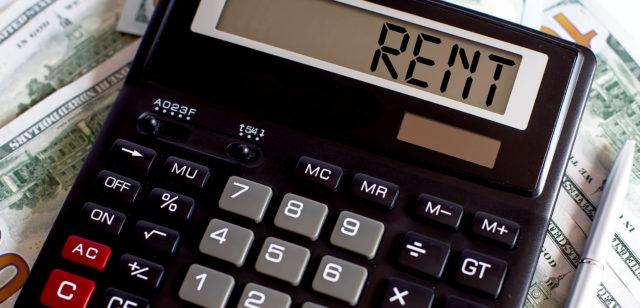
It seems that locally and nationally, housing prices may have peaked, in that there are fewer bidding wars over units for sale, and houses/condos are staying on the market a bit longer than 48 hours. Perhaps outrageous housing prices won’t be in the headlines every week. So, to us boiling frogs, that may seem like a slight relief. But, regardless, housing prices are still at staggeringly record highs. And there’s little sign they will come back down to earth anytime soon, let alone to “normal” levels (which were already inflated).
Almost the same thing can be said about rents, even though the housing market doesn’t directly impact existing rental housing. And here in Boulder, as CU students return, they and other renters can expect to see new unaffordable levels. Landlords have a tradition of increasing rents in the late summer/fall, and it will likely be worse this year.
Other than a “hot” housing market, another excuse for rent increases is inflation—especially with the highest inflation in 40 years. Prices are going up for most goods right now, and sometimes there’s legitimate reasons: shipping or manufacturing increases, workers finally get paid closer to a living wage, etc. But there’s a whole lot of profit padding going on—witness gas prices.
Rents have always been that way. Obviously there are legitimate costs involved with rentals: mortgages, taxes, maintenance, utilities (sometimes), management (sometimes). But the big elements are fixed (mortgage)—and the others are generally budgeted into the rental price. Some other costs do see incremental increases. Property taxes—generally not affected by inflation and regulated by the county and/or voters—sometimes increase.
When landlords are willing to justify their rent increases (most aren’t), many either say inflation or unspecified “rising costs” are the main culprits. Honest landlords will admit in hushed voices that true costs are only a minor (if at all) part of their rent increases. They are simply following the commandment “Thou shalt charge what the market will bear.”
Nothing compels a landlord to raise rent beyond actual costs. It is a choice to exploit “market conditions.” Or, more plainly, a choice to exploit people whose earning power continues to deteriorate, especially in the face of inflation. Oh, and rents often jump well above existing inflation, even though it’s not connected.
Even in low-inflationary years, rents were continually raised for just one reason: It’s what the Holy Market will bear.
To be clear, housing prices are a major part of inflationary pressure, but in reverse: They are a significant factor in inflation, not the consequence of it. Especially for renters. While homeowners have a very predictable mortgage that doesn’t rise with inflationary pressure, tenants are always facing increasing housing costs.
No doubt inflation will come down, but renters won’t see their rents come down. In capitalism, economic priests tell their congregations that housing prices are mainly determined by supply and demand.
I will keep saying this as long as it’s true: The Front Range rental market (and almost all non-rural markets nationwide) is inelastic. There is little-to-no evidence that more housing will lower prices. It is not affected by supply and demand, so no matter how much affordable or rental housing gets built, it will do nothing to bring down rents. Look at the Denver housing market; record numbers of units were added this last year, but prices did not come down. They went up.
And what’s rarely mentioned in polite company is the fact that tenants are financing most/all of the mortgages for their landlords. Of course we get the use of our home for the duration of our residency, but tenants accrue no equity, often don’t get positive credit history for making on-time rental payments, and too often walk away without some/all of their deposits. We can rent our home for 10 years, but we have no financial stake once we move out, despite having paid tens of thousands of dollars over time. But the owners do accrue equity, and especially now, profit handsomely from selling our former homes.
This opinion column does not necessarily reflect the views of Boulder Weekly.
Email: [email protected]














